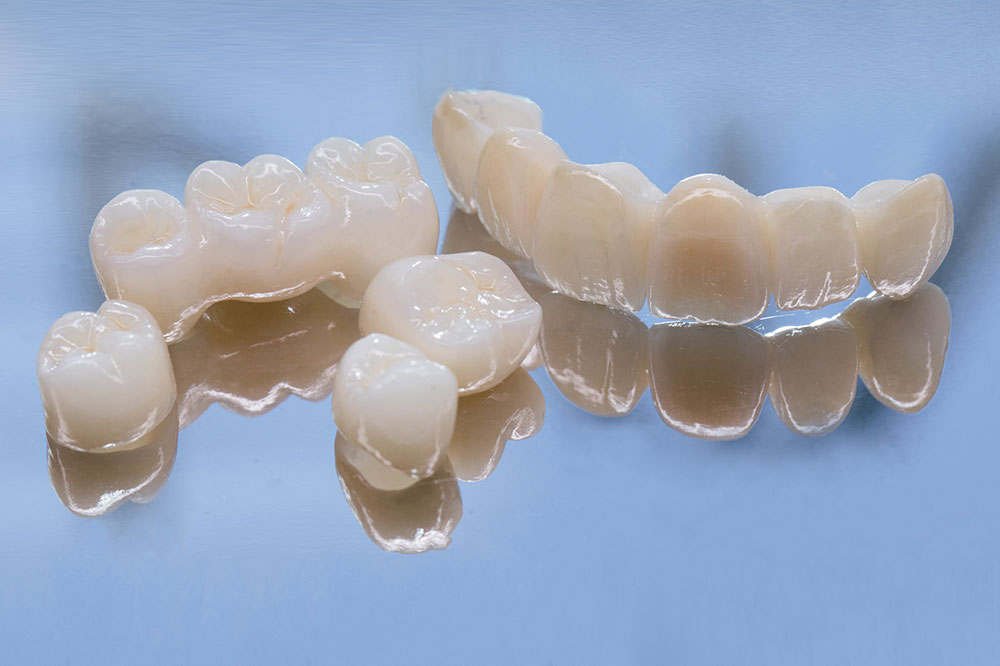Key Considerations When Selecting Dental Bridges
Discover essential insights on choosing dental bridges, including types, costs, longevity, and suitability. Learn how these effective tooth replacement options can restore your smile and improve oral health affordably. Understand the limitations and care tips to maximize lifespan and function.

Understanding Dental Bridges: What You Need to Know
Losing teeth can cause difficulties in eating, speaking, and affect confidence. Multiple missing teeth worsen these issues. Dental bridges are an effective, affordable option to restore function and appearance without costly procedures. They help you regain your smile and improve oral health, making them a popular choice for many patients.
Types of Dental Bridges
Dental bridges are a cost-efficient way to replace one or more missing teeth, offering various types to suit different needs.
Cost varies based on the type selected, placement complexity, materials like resin, zirconia, or metal, the number of missing teeth, and any pre-treatment required.
Traditional bridges: These use crowns cemented onto adjacent teeth to support a false tooth. Suitable when neighboring teeth are healthy.
Maryland bridges: Bonded to abutment teeth using a porcelain and metal framework, ideal when natural adjacent teeth are present.
Cantilever bridges: Supported by a single neighboring tooth, appropriate when only one adjacent tooth exists.
Implant-supported bridges: Anchored by dental implants, offering greater stability and durability, though requiring surgical placement and sufficient jawbone.
Important considerations about dental bridges
Durability: The lifespan depends on care and regular dental visits, with implant-supported bridges lasting 10-15 years or more. Proper maintenance extends their longevity and reduces infection risks.
Eating and speaking improvement: Adjustments enable smooth speaking and chewing. Initially, soft foods are recommended, but normal function usually returns over time.
Candidate suitability: Good oral hygiene, overall health, healthy jawbone, and specific missing teeth are essential. A dentist will evaluate if a dental bridge is right for you and your budget.
Limitations
While effective for short-term restoration, dental bridges are not permanent. They may wear out in 10-15 years and do not stimulate jawbone or gum tissue, which can lead to bone loss if not addressed.


